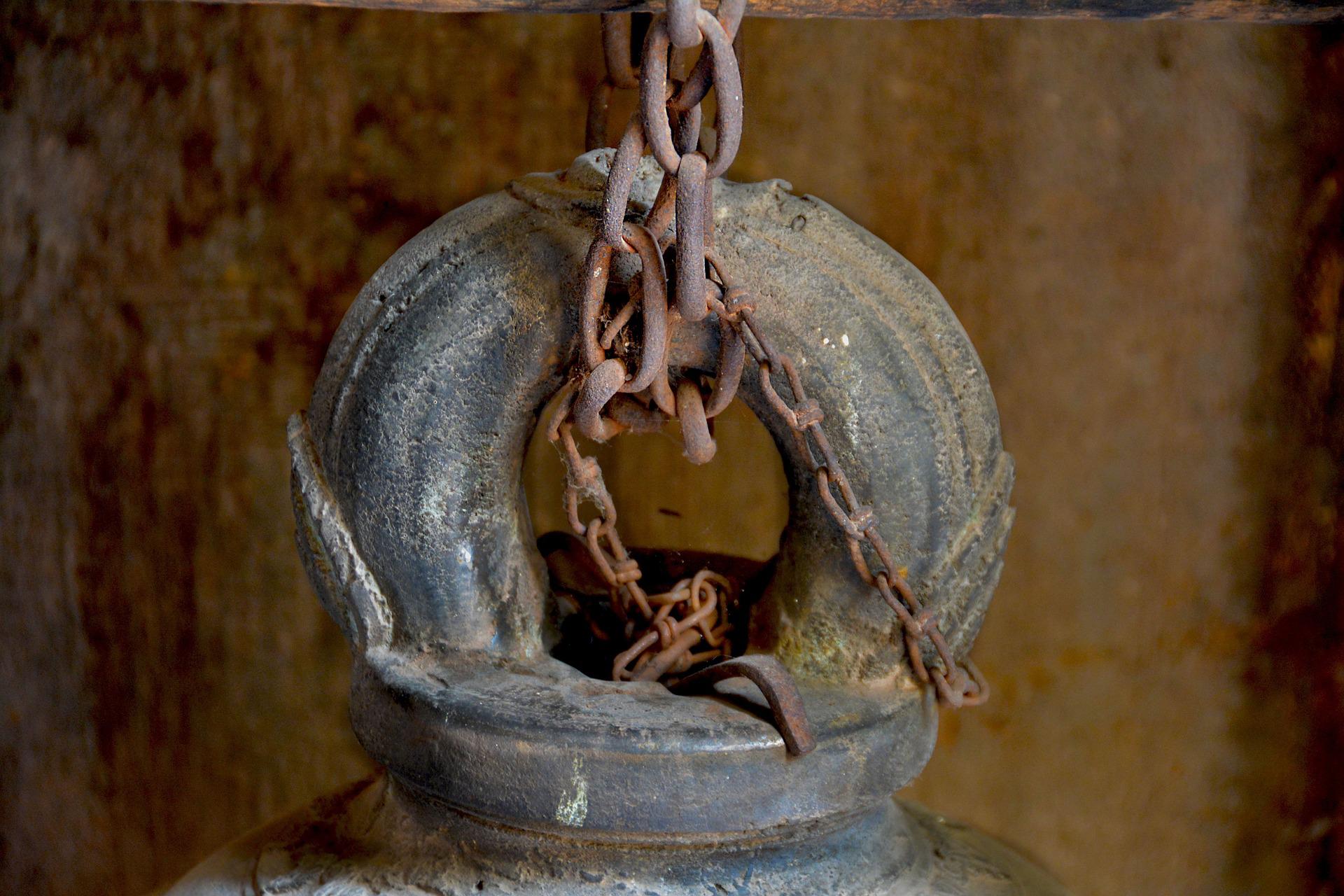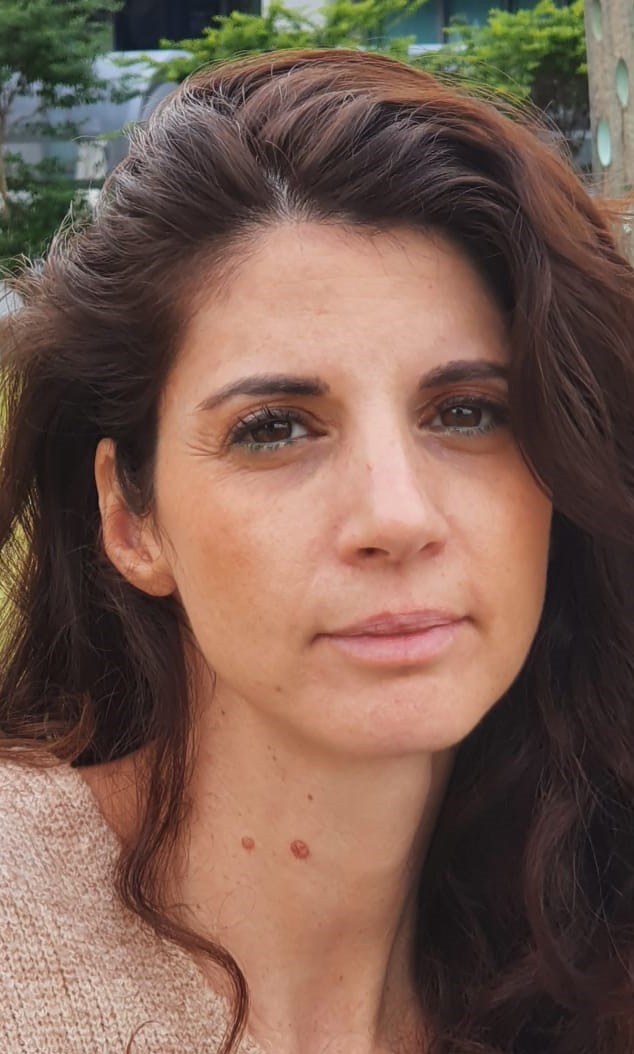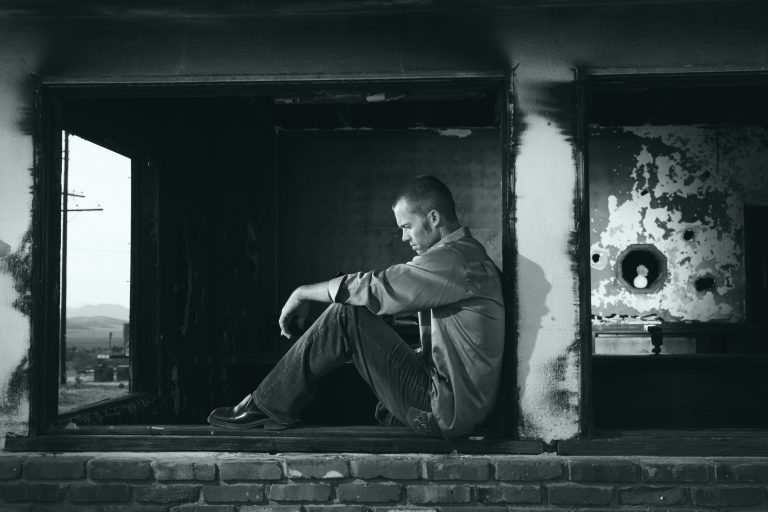Whether real or imagined, received from media or from interactions with people in their lives, it is not uncommon for people living with chronic pain to get the message that they are “too much” or “overly needy” and that they should really just “suck it up” and “learn to be independent.” When internalized over many years, these messages can cause people to come to the conclusion that their physical and emotional needs are, in fact, not valid.
Living with chronic pain can cause people to feel like they are constantly asking for help from those around them. From special dietary needs, financial support, and professional flexibility to accompaniment to appointments, assistance with physical tasks, and extra emotional sensitivity, relationships can start feeling unbalanced. While loved ones are often happy to do what they can to provide support, many people living in chronic pain carry the fear that they are a heavy burden on those around them.
The impact on emotional wellbeing, physical health, and relationships
When people feel insecure about their needs and worried about the reactions they may get if they ask for help, they may try to repress their needs, insisting that they can manage by themselves. This not only reinforces the message that they are not worthy of support and that their needs are invalid, but also puts them at greater risk of pain and injury.
This type of thinking also has a negative impact on relationships. When people hide their feelings and needs from others, their relationships become shallow and inauthentic. While people may fear that their needs will scare others away, they may come to feel lonely, misunderstood, and resentful in their relationships if they are not being their true selves. In addition, people with chronic pain sometimes fall into dynamics of victimhood, self-abandonment, or people-pleasing. For example, a person may feel that because someone provides them with substantial physical, emotional, or financial support, they are forever indebted to them and do not have the right to speak up if something doesn’t feel right.
Alternatively, those who are unable or unwilling to repress their needs in relationships may instead choose to just avoid all people and situations that demand extra help. This means avoiding activities they enjoy because they can’t bear asking for an accommodation or cutting off loved ones because it is too hard to continuously be the one asking for support.
Reframing the way we see ourselves, our needs, and our relationships
So how can people who live with chronic pain break these damaging cycles and create healthier relationships with themselves and others?
First things first, when people are hyper focused on their own needs, they can fail to see the simple fact that all human relationships are, in fact, interdependent. By definition, we are social beings that live in societies because we depend on other people and systems in order to survive and succeed in the world. Most people do not even think about this simple fact, nevermind feel guilty about it.
On an interpersonal level, people all give and receive in different ways. What may feel like an uncomfortable request from one person may feel very natural for someone else to give. Instead of focusing only on what we need from others, people also need to remember how much they are giving. For example, you may require special accommodations from your workplace, but consider the value that you bring to the company due to your unique skills and abilities. You may need more financial or physical assistance from your family, but consider the emotional support, friendship, and love you give to them. These commodities are no less valuable. Just like your workplaces and family members do not need to feel indebted to you for receiving what you are happy to give, you do not need to feel bad about receiving the help you need from them. This is what it means to be a human being in relationship with the people and world around us.
Moreover, every single person has innate worth that has nothing to do with how much he or she gives to or receives from others. Appreciating one’s inborn value is the work of a lifetime, but it has the power to transform every aspect of one’s life, including mental health, relationships, and emotional wellbeing. It gives people the strength to set boundaries, ask for help, and receive graciously as needed.





